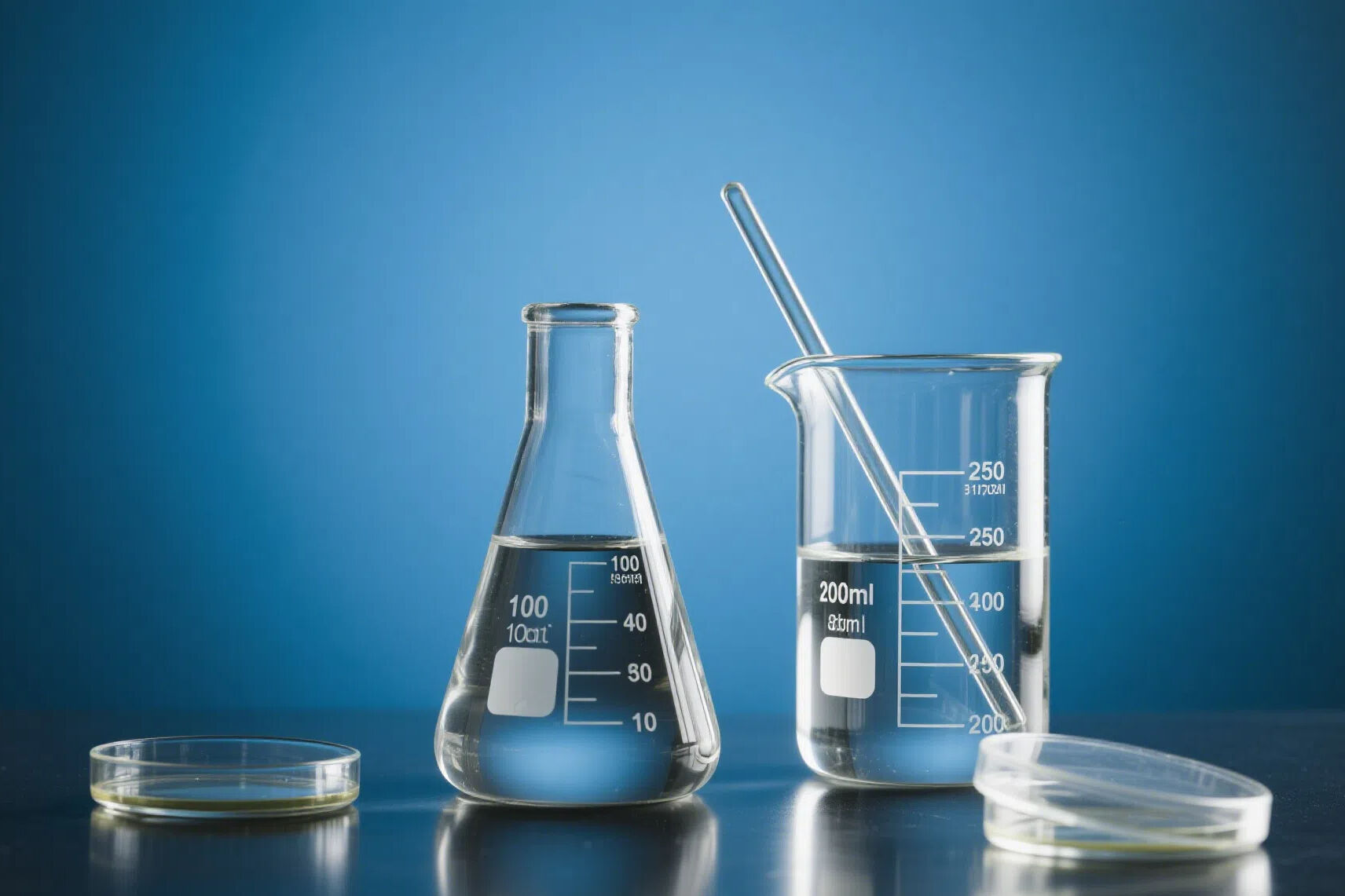Формула акрилатов относится к точному сочетанию мономеров, полимеров, добавок и растворителей (или воды), используемому для создания акриловых продуктов, таких как клеи, покрытия и смолы, которые адаптируются для достижения определенных эксплуатационных характеристик. Основой формулы являются акриловые мономеры, включая 2-этилгексилакрилат (для гибкости), метилакрилат (для адгезии) и метилметакрилат (для жесткости), соотношение которых определяет ключевые свойства, такие как липкость, твердость и удлинение. Например, формула клея с давлением может содержать 60% 2-этилгексилакрилата, 30% метилакрилата и 10% акриловой кислоты для баланса гибкости и адгезии. Полимеры, образованные путем полимеризации этих мономеров, обеспечивают базовую структуру, при этом молекулярная масса и плотность сшивки регулируются для контроля когезии и устойчивости к химическим веществам. Добавки играют важную роль: инициаторы запускают полимеризацию, поверхностно-активные вещества стабилизируют эмульсии, пластификаторы повышают гибкость, стабилизаторы УФ-излучения улучшают устойчивость к погодным условиям, а биоциды предотвращают рост микроорганизмов в водных формулах. Растворители или вода действуют как носители, при этом предпочтение отдается водным формулам (с использованием деионизированной воды) для снижения содержания летучих органических соединений. Регуляторы pH (например, аммиак) оптимизируют стабильность в водных системах. Компания E Plus Chemical Co., Ltd. специализируется на разработке индивидуальных формул акрилатов через OEM-услуги, корректируя соотношения мономеров и добавок для удовлетворения конкретных потребностей клиентов — таких как повышенная устойчивость к погодным условиям для покрытий или увеличенная липкость для клеев — с использованием передовой каталитической полимеризации, чтобы обеспечить стабильность формулы и надежность ее рабочих характеристик в различных партиях.
